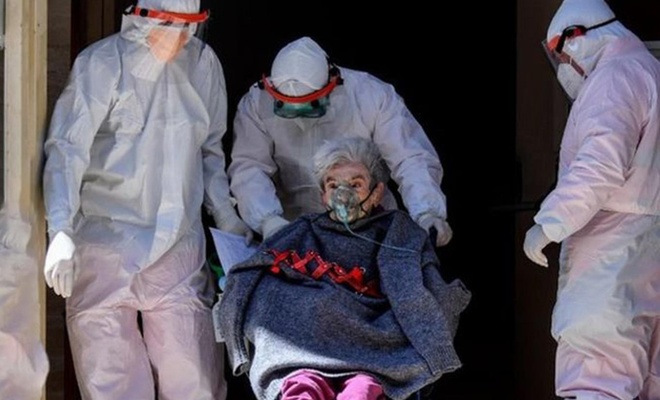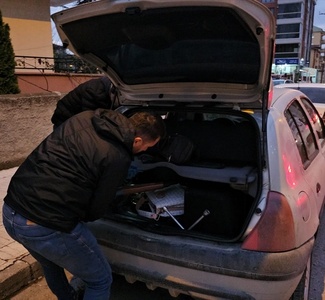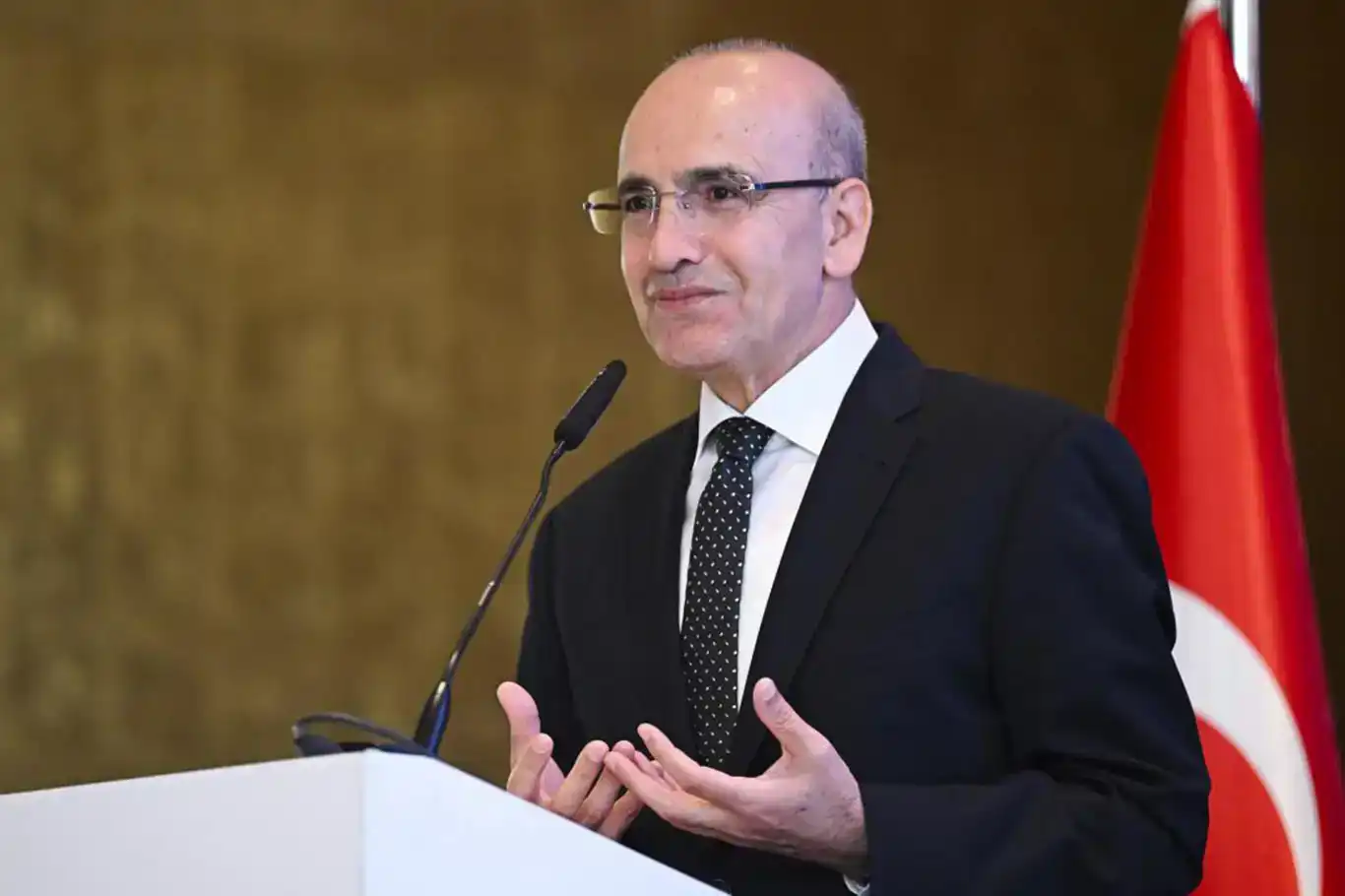WHO: Half of those who died from COVID-19 were in long-term care facilities
According to estimates from countries in the European Region, up to half of those who have died from COVID-19 were resident in long-term care facilities,” said Dr Hans Henri P. Kluge, WHO Regional Director for Europe during a virtual briefing on Thur

 Google News'te Doğruhaber'e abone olun.
Google News'te Doğruhaber'e abone olun. “Let me turn now to the deeply concerning picture that has been emerging of COVID-19 in long-term care facilities in the European Region and globally in recent weeks,” he noted.
“According to estimates from countries in the European Region, up to half of those who have died from COVID-19 were resident in long-term care facilities. This is an unimaginable human tragedy. To the many who are experiencing this loss, my thoughts are with you.”
He underlined that all those dying in homes from COVID-19 had the right to be attended to and to receive end-of-life care, including symptom relief with adequate medication, surrounded by their loved ones.
Stressing that people who are suffering from physical and/ or mental disability, often at higher ages are particularly vulnerable to this virus, he said: “Their advanced age, underlying health conditions, cognitive challenges in understanding and following health and hygiene advice due to intellectual disability or dementia, for example, are all factors that put them at greater risk.”
He reminded that many today are prevented from receiving visits from family and friends, no longer getting the emotional and physical support that such visits provide, adding: ”Sometimes residents face the threat of abuse and neglect. And yet equally troubling – the way that such care facilities operate, how residents receive care – is providing pathways for the virus to spread. The role of the public sector leaving no one behind cannot be overestimated.”
He also stated that even among very old people who are frail and live with multiple chronic conditions – many have a good chance of recovery if they are well-cared for.
Pointing out that this pandemic has shone a spotlight on the overlooked and undervalued corners of European societies, he concluded as follows: “Across the European Region, long-term care has often been notoriously neglected. But it should not be this way. Looking to the future, transitioning to a new normal, we have a clear investment case for setting up integrated, person-centered long-term care systems in each country. We have inherited the European rights, values and opportunities that define us from the generations that came before – so we must care for them. It is our duty to leave no-one behind. We must step up.” (ILKHA)



















































